
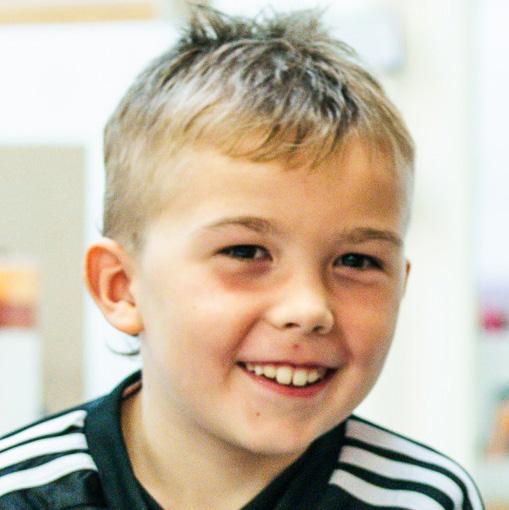



The Junior School follows a one-week timetable with a topic-based curriculum. Subject specific learning will, in the main, be approached through the lens of the topic.
Below you will find a summary of the main subjects covered in Year 4 and the amount of time dedicated to them each week. The class teachers are the main leads for the subjects except for those subjects which are led by specialist teachers, detailed below.
Autumn Term: Ancient Egypt
Students learn to place the Ancient Egyptian civilisation in time and location. Students explore various aspects of Ancient Egypt in life such as the hierarchy, architecture, art and inventions. Egyptian landscape is an important area of learning for students, especially that of the River Nile. This fabulous topic is enhanced by a trip to a museum, for example The British Museum, to see real Ancient Egyptian artefacts.
Spring Term: China or Mexico
Students explore many geographical elements of the countries as well as looking at historical and religious features.
Summer Term: Famous People
Students explore artists, scientists, authors, conservationists and many more. They explore each person’s achievements as well as their personal life, culture and time.
Subjects over each week
This graphic represents a typical week in the Year 4 curriculum. However, we adapt and change daily depending on the needs of our students so these timings can occasionally be flexible.
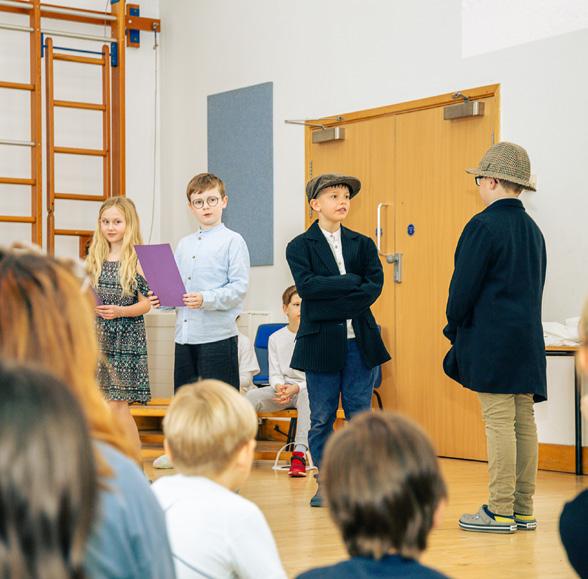
Louise Day 4 hours 45 minutes
overNumberofhours 1week
The curriculum is varied and covers a wide breadth of writing genres with students experimenting with nonfictional and fictional pieces. The units covered include; stories from other cultures; non-chronological reports; poetry; stories with familiar settings; biographies; recounts; persuasive writing; fantasy; and instructional writing. Students have weekly grammar and spelling lessons which tie into these units.

Louise Day 4 hours 45 minutes
Maths in F Group consolidates the numeracy skills that students have gained previously as well as developing their understanding, problem solving and using and applying skills further. The main topic areas are number (place value and the four operations); fractions and decimals; measure (length, area and perimeter); geometry (position, direction and shape); statistics; time and money.
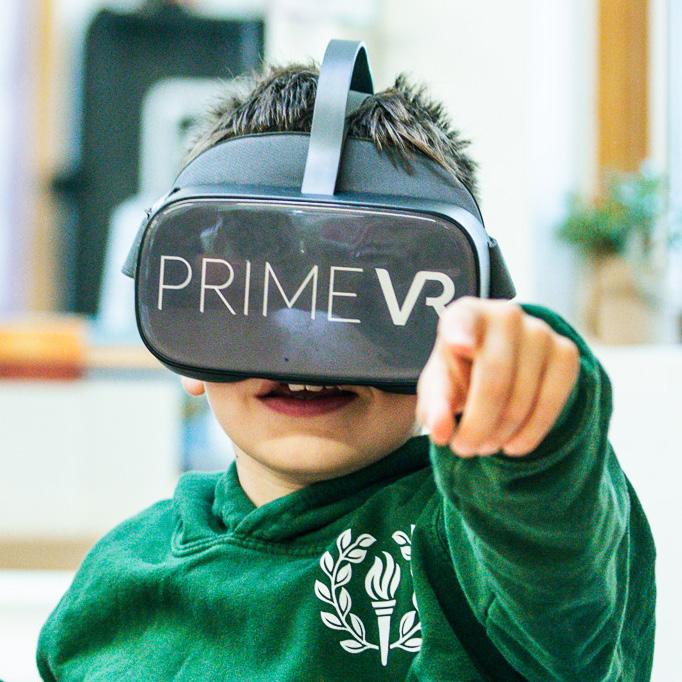
Louise Day 2 hours
F Group science work develops the students’ scientific understanding of the world around them. Students are encouraged to ask questions about scientific concepts and answer those questions through scientific enquiries. They have opportunities to develop their practical skills and scientific knowledge and understanding and this provides a suitable foundation for further learning. The following topics are covered over the course of the year: states of matter; living things and their habitats; animals including humans; sound; and electricity.
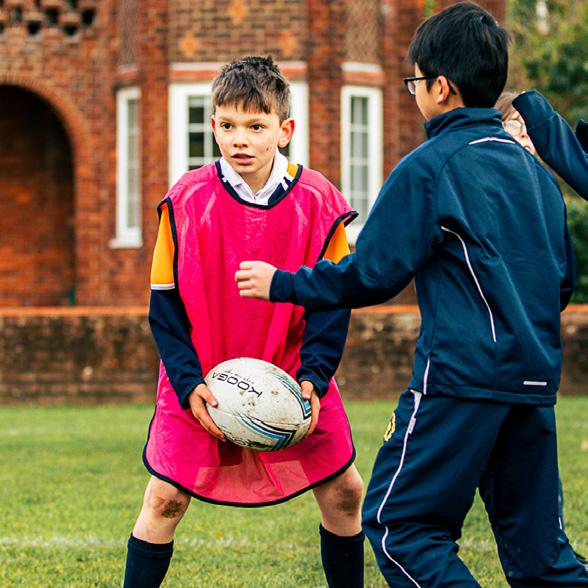
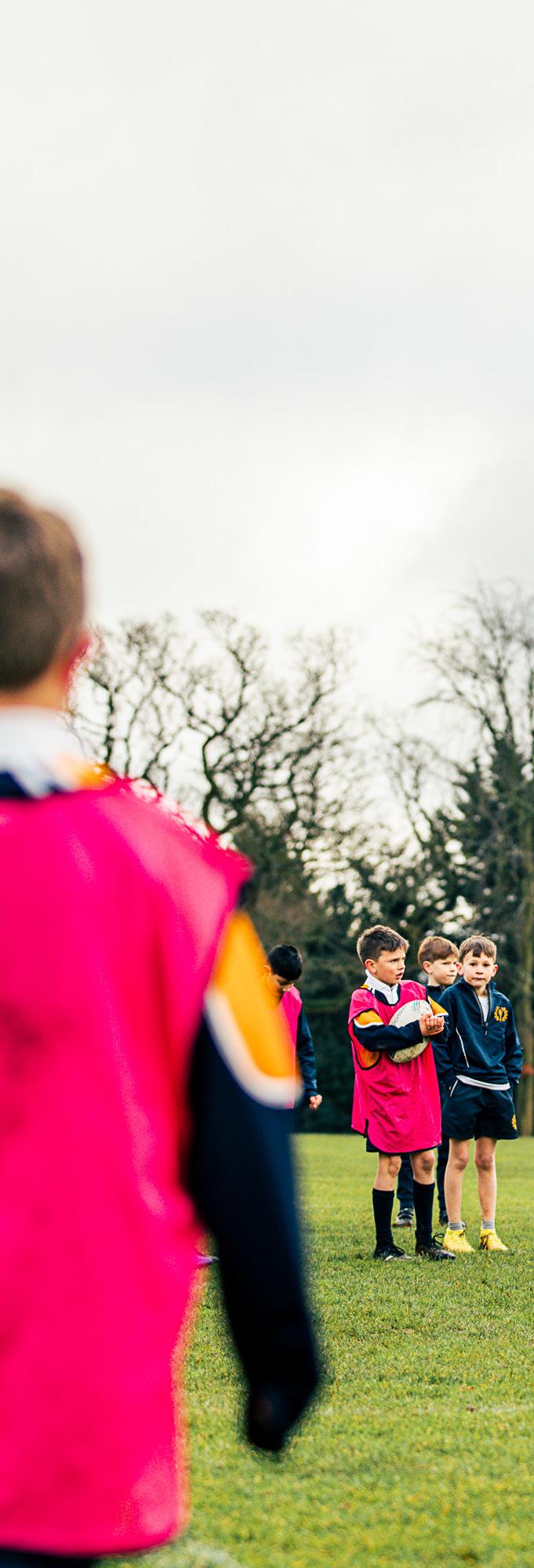
Louise Day 1 hour
Computing skills are covered through our subject specific lessons each week as well as during other sessions such as topic and English. During the latter, students develop their general word processing skills. These are some of the areas that are included in our computing lessons: coding; creating music; using spreadsheets; using presentation slides to display the weather; and using drawing software.
Louise Day 1 hour
Humanities is split into a selection of geography and history topics which students study over the course of the year though their termly topics. The following units are covered: early life on Earth; chronology; the achievements of the earliest civilizations; local location study; settlements and land uses; natural resources distribution; and map reading and drawing skills.
Louise Day 1 hour
A wide selection of skills are introduced and consolidated throughout the year. From drawing and painting to sculpture and mixed media, students develop their artistic skills and cultivate a personal artistic style. Areas of coverage include: painting line and colour, portrait painting, printing, clay models, junk modelling and free painting, all with a cross curricular theme.

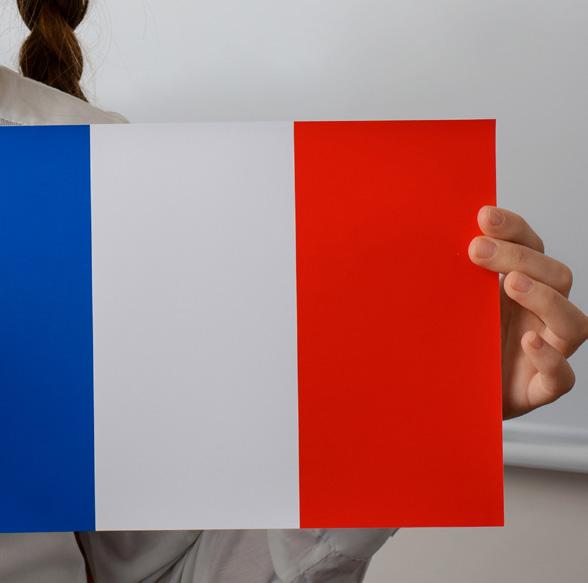
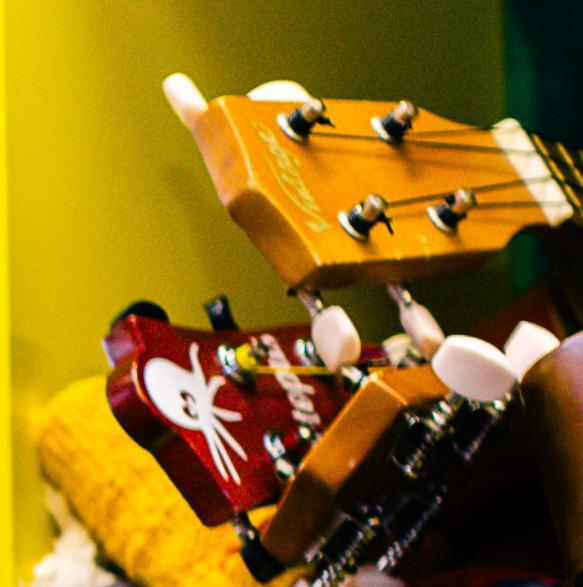
Louise Day
1 hour
PSHE(Personal, Social and Health Education) and RSHE (Relationships, Sex and Health Education) are taught together using the SCARF Programme. Opportunities exist to develop and promote social and emotional skills through a variety of PSHE lessons, workshops and regular Morning Talks. RSHE is an integral part of this curriculum, taught in a carefully sequenced programme of lessons – including statutory content regarding Relationships Education and Relationships and Sex Education and Health Education.
Edel
Davies
30 minutes
Through games, songs, mime, dance and play, students learn key French vocabulary, linguistic structures and grammar. Students begin to take some autonomy over classroom routines, set up to consistently revisit and build upon previously learnt language. Through a variety of engaging situational topics, students revise and meet new grammatical concepts such as definite and partitive articles to express noun gender and quantity, possessive adjectives, regular present tense verb formations, conjunctions and negation. The focus is on understanding aural input and oral output, however students are also encouraged to notice features of written French when reading individual words or short sentences.
Ann-Marie Knight
30 minutes
Students sing songs that challenge an octave range, try out rounds and aim to follow directions for crescendo and diminuendo. Topic themed songs are introduced. Improvising and rehearsing and performing as an ensemble feature this year. As well as building on rhythmic reading, students are introduced to pitch and notation.
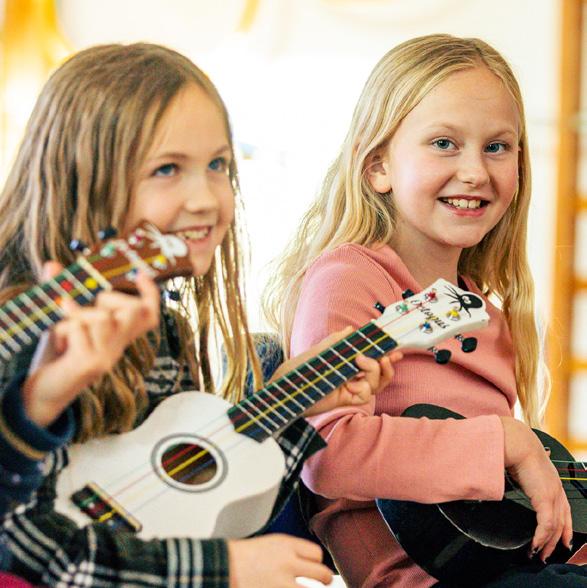
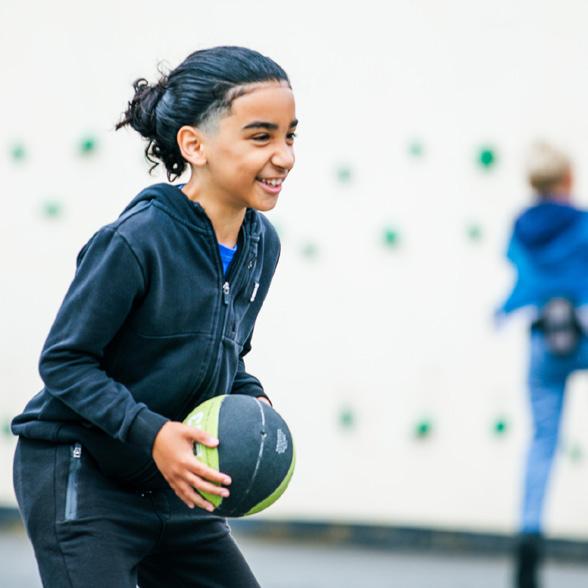
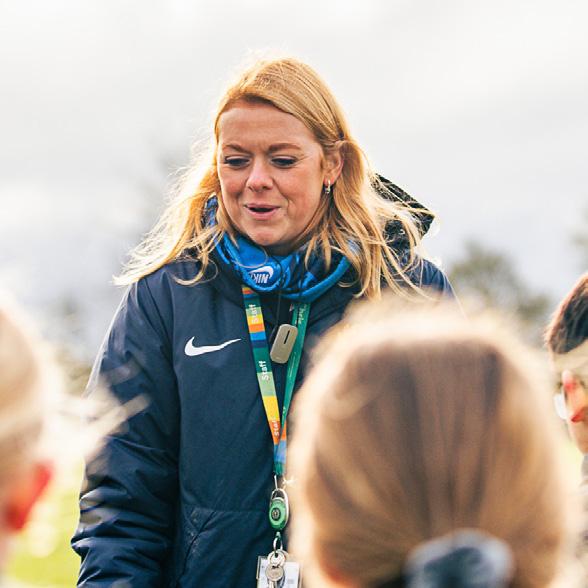

Hazel Kalabra
30 minutes
Students in F Group spend half an hour per week learning to play the ukulele. The students follow a course based around eighteen songs that take beginners from playing open strings to songs that use three, four or five chords. The course utilises interactive resources and introduces the students to songs in a variety of styles with pieces becoming progressively more complex as the course develops. Students learn to share, rehearse together and to perform to an audience.
Mark Day
1 hour
Students participate in the following activities to develop fundamental skills such as fitness, outdoor and adventurous activities, creative dance, gymnastics, tennis and athletics. These skills, alongside those taught during their games lessons, are supported with after school practices and the opportunity to play competitive fixtures.
Lyn McGregor
1 hour
Students follow a programme of football and netball (autumn term), rugby and hockey (spring term), and cricket and rounders (summer term). Students are encouraged to find ways of attacking successfully when using other skills; use a variety of simple tactics for attacking well, and to keep possession of the ball as a team. Students also focus on improving the skills of sending, receiving, striking and travelling with a ball in a range of contexts. They learn to make informed decisions during small sided games and simplified versions of recognised competitive games, whilst developing an attitude of fair play and enjoyment.
Jenny White
Head of Department
50 minutes + changing time
Students in F Group develop the stamina to swim 100m with ease and work on perfecting an effective technique in the entirety of four strokes (including breathing and timing). This may be over 200m+ (100m front crawl with bi-lateral breathing). Throughout their practice, students also learn how to tread water for 60 seconds, scull for 10m, fully submerge with ease, and swim 10m under water. In F Group, specialist swim teachers signpost students to clubs and additional aquatic opportunities to enhance and promote individual swimmer’s pathways.
Lydia Somerville
1 hour 30 minutes
In Forest School sessions, students in F Group explore our local environment’s variety of leaves, plants, animals, and birds, learning to identify some of them. Students also use the features of plants and animals to classify them. Throughout the sessions, students learn how to use knots and tarps to make effective shelters. Students also learn how to use a bowsaw to cut logs for a fire. In every lesson, students consider how to keep themselves and wildlife safe. Students also learn how to read the temperature accurately and how to minimise risks and dangers when at play.
Forest School at St Chris is a child-centred, inspirational process that gives our young learners opportunities to challenge themselves, develop confidence and increase their self-esteem through hands on learning experiences in a natural environment. Sessions are based on fundamental respects for students and for their capacity to instigate, explore and maintain curiosity in the world around them. Most importantly, our students develop a deep and meaningful connection to the natural world and understand their place in it.
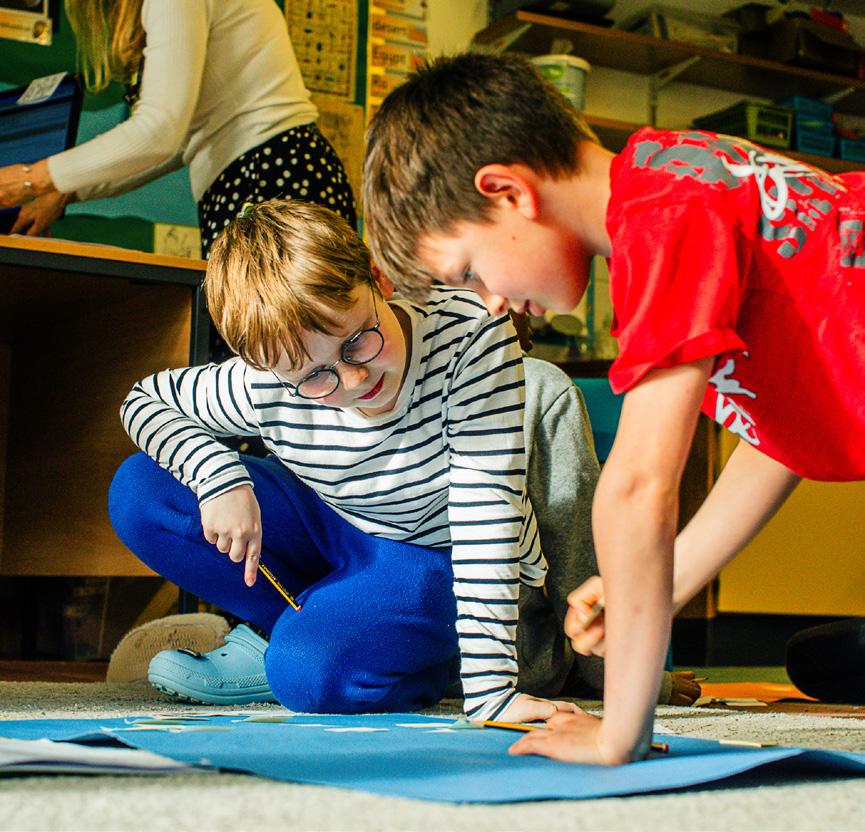
St Chris strikes the balance between academic and personal interest development
Parents'
Survey

At St Chris, we recognise that every child begins their educational journey from their own starting point. Our focus is on deep, meaningful learning and engagement, not just academic results. We teach to the top of the class, setting ambitious goals for all students, and provide the support and challenge they need to reach their potential. Each child is encouraged to grow academically, socially, and personally, building confidence and developing their strengths.

Progress is monitored continuously through informal observations and an assessment sheet for each child. Teachers annotate skills as they are demonstrated, building a clear picture of each child’s development, highlighting strengths and areas to support. Half-termly meetings with the Junior School Head ensure tailored actions for stretch or additional scaffolding. Small class sizes and support from Teaching Assistants allow targeted group work when needed. While we follow the national curriculum, we have the flexibility to focus on areas that benefit each child’s learning. Academic reports are sent home twice a year, alongside termly parent consultations.
We use STEER Tracking (Years 3–12) to monitor and support students’ mental health and wellbeing. This evidence-based tool helps children develop self-regulation and identifies hidden social-emotional risks, allowing early intervention and personalised support.

In the Junior School, homework is designed to be meaningful, manageable, and linked to the term’s topic. Children receive a list of age-appropriate enrichment activities and typically choose three or four to complete. Activities may be creative, practical, or researchbased, and encourage family involvement. Standard weekly tasks include reading, spelling, and numeracy, with TimesTables Rockstars used across year groups. Deadlines are set for the end of each term, and teachers are available for support if needed.
We value student voice and leadership at every stage.
The School Council includes around ten students from Reception to Year 6, supported by the Pastoral Lead. It is nonhierarchical, giving all voices an opportunity to be heard.